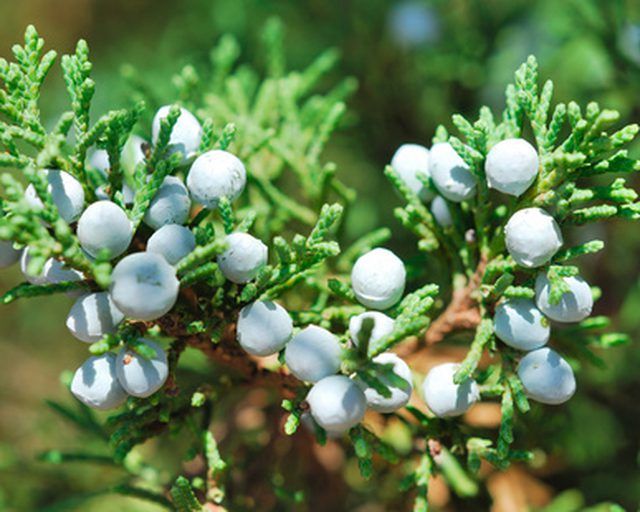Bulbs
Flower Basics
Flower Beds & Specialty Gardens
Flower Garden
Garden Furniture
Garden Gnomes
Garden Seeds
Garden Sheds
Garden Statues
Garden Tools & Supplies
Gardening Basics
Green & Organic
Groundcovers & Vines
Growing Annuals
Growing Basil
Growing Beans
Growing Berries
Growing Blueberries
Growing Cactus
Growing Corn
Growing Cotton
Growing Edibles
Growing Flowers
Growing Garlic
Growing Grapes
Growing Grass
Growing Herbs
Growing Jasmine
Growing Mint
Growing Mushrooms
Orchids
Growing Peanuts
Growing Perennials
Growing Plants
Growing Rosemary
Growing Roses
Growing Strawberries
Growing Sunflowers
Growing Thyme
Growing Tomatoes
Growing Tulips
Growing Vegetables
Herb Basics
Herb Garden
Indoor Growing
Landscaping Basics
Landscaping Patios
Landscaping Plants
Landscaping Shrubs
Landscaping Trees
Landscaping Walks & Pathways
Lawn Basics
Lawn Maintenance
Lawn Mowers
Lawn Ornaments
Lawn Planting
Lawn Tools
Outdoor Growing
Overall Landscape Planning
Pests, Weeds & Problems
Plant Basics
Rock Garden
Rose Garden
Shrubs
Soil
Specialty Gardens
Trees
Vegetable Garden
Yard Maintenance
How to Care for Blue Junipers
How to Care for Blue Junipers. Whether you're looking for a fast-growing screen to keep nosy neighbors from peeking into your back yard, or a low-maintenance ground cover to stabilize an eroding slope, blue juniper fits the bill. That's because this hardworking landscape plant comes in a variety of forms ranging from trees to low-growing shrubs....

Whether you're looking for a fast-growing screen to keep nosy neighbors from peeking into your back yard, or a low-maintenance ground cover to stabilize an eroding slope, blue juniper fits the bill. That's because this hardworking landscape plant comes in a variety of forms ranging from trees to low-growing shrubs. Blue junipers even make ideal bonsai specimens. Although as a group blue junipers are low maintenance, as with any plant they do best when cared for properly.
Things You'll Need
Shovel
Water
Fungicide
Spider mite destroyers
Fertilizer
Plant blue juniper in a sunny location with well-drained soil. Blue junipers do not like wet feet. A soil test is generally not necessary because blue juniper grows in both alkaline and acidic soils.
Space blue junipers 2 to 3 feet apart, depending on the variety and the mature size. Place mulch around newly planted junipers to keep weeds from growing.
Water deeply each week during the plant's first growing season. Afterward, rainfall should be sufficient except during periods of extreme drought. Don't overwater the blue juniper.
Watch for yellow and brown tips on the ends of branches.This can signify the juniper's most common disease, Phomopsis blight. The Alabama Cooperative Extension Service recommends applying a fungicide such as propiconazole according to label directions.
Refrain from using insecticides on blue junipers if spider mites become a problem, because the insecticide also kills the mites' natural enemies and can make outbreaks more severe and frequent. Spider mites usually appear as light-colored flecks and can cause discoloration of the foliage.The University of Nevada Cooperative Extension Service recommends combating mites by introducing a type of ladybird beetle called Stethorus, also commonly known as the spider mite destroyer.
Fertilize junipers during the spring with a balanced fertilizer.